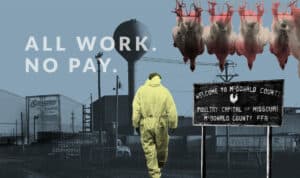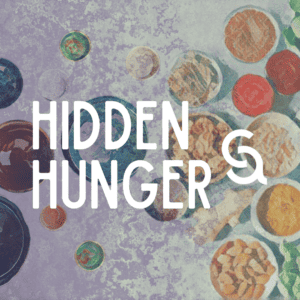
The week school began this year, I was chatting with one of the therapists at my son’s elementary school. She asked who his teacher was for second grade, and when I told her, she smiled. A lot of kids who had my son’s first grade teacher also have his second grade teacher, she told me.
At first this remark confused me—only one other child in my son’s class this year was also in his class last year. But then I realized, she wasn’t talking about this year, and she wasn’t talking about the students in general. She was talking about a specific set of students. Children with special needs. Children like my son.
When my son received his diagnosis and I realized that school was going to mean more for him than ABCs and 123s, that we would also be getting a whole new educational vocabulary of IEPs and BSCs, I felt like I was given a key that unlocked an entirely new world. I felt like I could start to understand not only my son, but an entire subculture that was thriving right inside my own. This culture had its own vocabulary, its own ways of codifying and transmitting information, its own rules, goals, and assessments. I would see another parent and with the briefest of glances we could establish, “Your child? Mine, too.” With my Insider Pass, my eyes were unveiled. Now I see.
In the halls of the school, I see the children. On the playgrounds and in stores and in church, I see the children. And I want to tell them, I see you.
I see you, and I know why you run and hum and flap your hands. I know why the light hurts your eyes and I know why you say the music is too loud. I know why you can’t stand still. I know that tiny things most people wouldn’t notice are cataclysmic for you. I know that sometimes you are so afraid you can’t stand the sound of your own heartbeat. I see you, and I understand just a tiny bit of your story, because part of your story overlaps my own.
I see you on stage at the school play, or lighting the candles as an acolyte, or twirling through your dance recital and I know what it cost you to get up there and do that, and my heart is bursting for you. In this broken world, I want you to know that I don’t just see your brokenness—I see your beauty. Because we are all broken, we are just broken differently.
I want you to know the God who created you. I want you to know that church isn’t just for the “good children,” the ones who can sit quietly in their Sunday School chairs and maintain good eye contact and color inside the lines.
I see you in part, but more than anything I want you to know the One who sees you whole. I want you to know the God who created you. I want you to know that church isn’t just for the “good children,” the ones who can sit quietly in their Sunday School chairs and maintain good eye contact and color inside the lines. I want you to know that church is for you, because when Jesus said “Let the little children come to me,” He didn’t say, but only certain types of children. He meant all children. He meant you.
I see you. He sees you. And you are fearfully and wonderfully made, just the way you are.
90% of people with significant disabilities are unchurched. For more information about how you can help make your church a more welcoming place for children and adults with disabilities, visit Joni and Friends.
Elrena Evans is Editor and Content Strategist for Christians for Social Action. She holds an MFA in creative writing from Penn State, and has also worked for Christianity Today and American Bible Society. She is the author of a short story collection, This Crowded Night, and co-author of the essay collection Mama, PhD: Women Write About Motherhood and Academic Life. She enjoys spending time with her family, dancing, and making spreadsheets.


